The Hyundai Kona Electric SUV is going to be Hyundai’s first fully electric car for India. It will come to India as a CKD unit retailing through select dealership outlets.
Hyundai Motors India is prepping up to launch a total of 8 new models in India by 2020. This list is going to comprise of several all-new models along with the generation updates and mid-life facelifts of the existing products in its line-up. One of these upcoming vehicles from Hyundai which has been in the limelight recently is the Kona all-electric SUV. Hyundai has already confirmed that it is going to launch this vehicle in India as their first electric vehicle. And that the launch is scheduled to happen sometime around the year 2019. In this report, we answer all your questions regarding this new vehicle from the South Korean automaker.
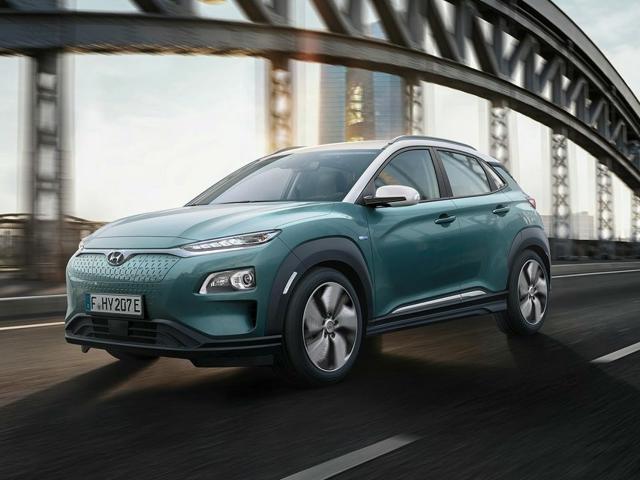
Hyundai Kona Electric SUV: What powers this?
The Kona electric SUV will feature a choice to two different powertrains. The first one gets a 39.2 KW Lithium-Ion Polymer battery pack. It produces 133 BHP of maximum power alongside 395 Nm of peak torque. The other one gets a 64 KW Lithium-Ion Polymer battery pack. This one can produce 201 BHP along with 395 NM of peak torque.
Also Read: 2018 Hyundai Creta Facelift Price, Mileage, Interior, Features And Specifications- Complete Details
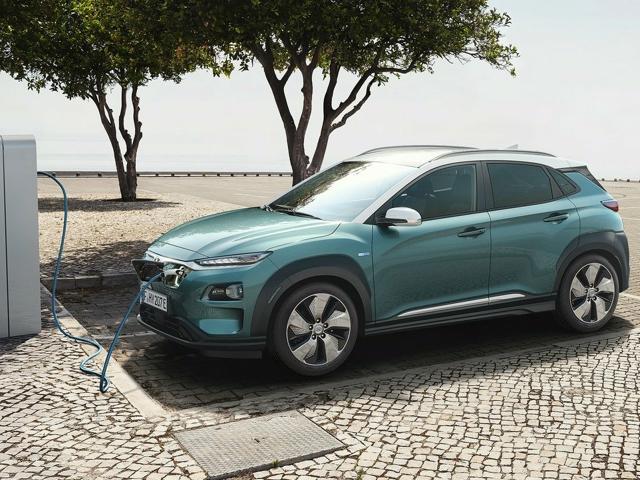
Hyundai Kona Electric SUV: What range does it offer?
The 39.2 KW battery pack will offer a range of 299 km. The 64 KW battery pack, on the other hand, will offer a range of 469 km. The smaller battery pack is ideal for those commuting only in the city. While the larger battery pack is ideal for those whose commute involves long distances.
Also Read: New Hyundai Santro 2018 Changes And Upgrades Complete Details
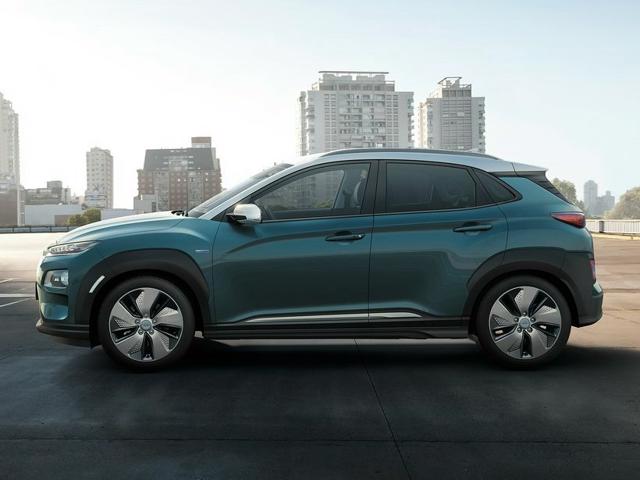
Hyundai Kona Electric SUV: How long will it take to charge?
Hyundai claims that the 39.KW battery charges to full in 6 hours and 10 mins. The 64 KW battery pack will take 9 hours 40 mins for a full charge. That said, fast charging will fill up the SUV back with juice, up to 80%, in just 54 minutes for both battery packs.
Hyundai Kona Electric SUV: Is it fast?
Well, yes! The Hyundai Kona electric SUV can reach from nought to a 100 km/h in just 9.3 seconds. Considering it is a mid-sized SUV, this number is quite decent.
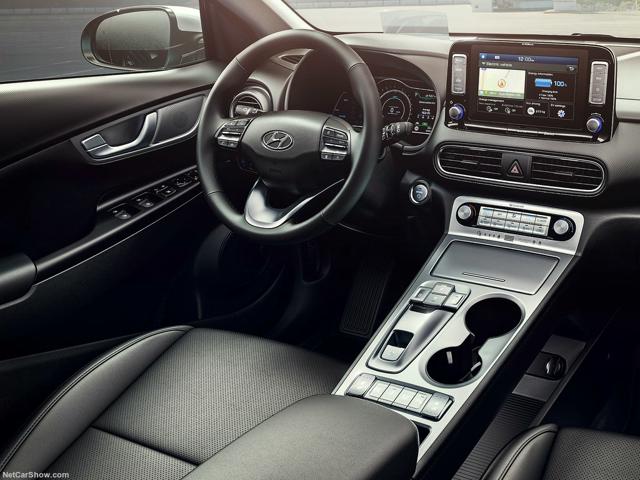
Hyundai Kona Electric SUV: Is it well equipped?
The Kona electric SUV is aesthetically identical to its petrol-powered sibling. It gets LED headlamps, LED taillamps along with new alloy wheels exclusive to the electric SUV. It comes with a 7-inch display for the instrument cluster to display the gauges and driver information. Along with this, is a centrally mounted, touchscreen infotainment display. Apart from other standard features like automatic climate control, electrically adjustable driver’s seat and leather upholstery, the Kona offers mood lighting. It changes the backlight of the instrument cluster depending upon the driving mode selected.
Also Read: 2019 Hyundai Santa Fe Breaks Cover- India Launch, Expected Price, Features And Specs
Hyundai Kona Electric SUV: Will it come to India?
Hyundai did confirm that it will launch an electric vehicle in India next year. Now, according to recent media reports, this electric vehicle will be the Kona electric. It is likely that the electric Kona will launch in India sometime during the latter half of 2019.
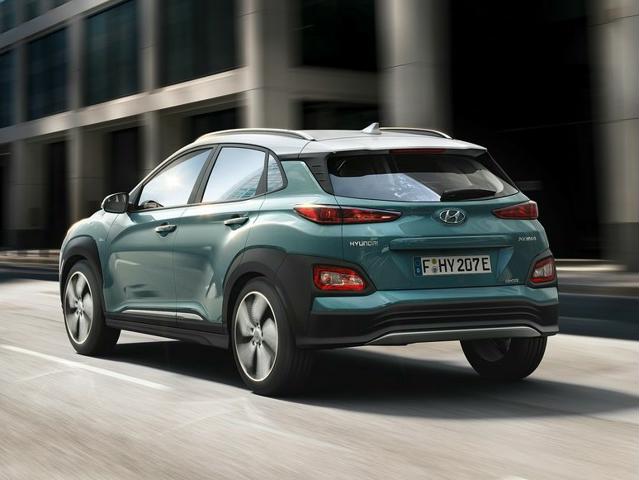
Hyundai Kona Electric SUV: How much will it cost?
The Indian Government, in the recent past, has launched several schemes to aid the faster adoption of electric cars in India. If Hyundai manufactures the Kona electric in India, expect the price to be around the mark of INR 12 lakh to 16 lakh.
The post Hyundai Kona Electric SUV Launch Confirmed For India: We Tell You All About It appeared first on CarBlogIndia.
from CarBlogIndia http://bit.ly/2EXclT9
Comments
Post a Comment